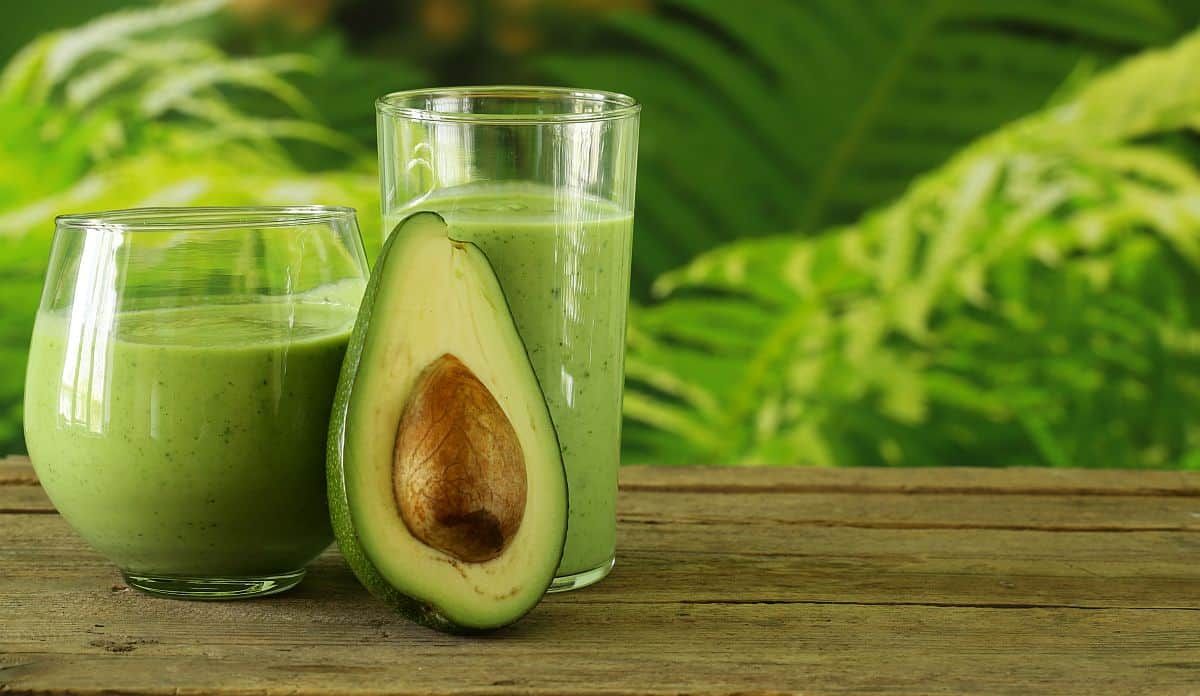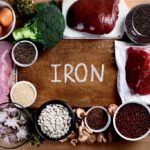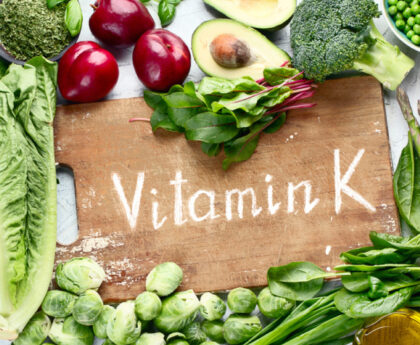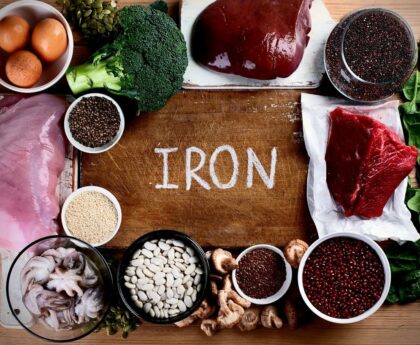Avocados are a nutritional powerhouse, offering numerous health benefits, including a rich supply of vitamin E. This fat-soluble vitamin is crucial for various bodily functions, including immune support, skin health, and antioxidant protection. If you’re looking to boost your vitamin E intake, incorporating avocados into your diet is a delicious and effective way to do so. This guide will delve into the benefits of vitamin E, the nutritional profile of avocados, and practical tips for increasing your vitamin E intake with this versatile fruit.
Understanding Vitamin E
What is Vitamin E?
Vitamin E is a group of eight fat-soluble compounds that include four tocopherols and four tocotrienols. The most biologically active form of vitamin E is alpha-tocopherol, which is known for its potent antioxidant properties. Antioxidants help protect cells from damage caused by free radicals, which are unstable molecules that can harm cellular structures and contribute to aging and diseases like cancer.
Health Benefits of Vitamin E
Vitamin E offers numerous health benefits, including:
- Antioxidant Protection: Vitamin E neutralizes free radicals, reducing oxidative stress and preventing cellular damage.
- Skin Health: Vitamin E supports skin health by reducing inflammation, promoting skin healing, and protecting against UV damage.
- Immune Function: Vitamin E enhances immune response, helping the body fight off infections and illnesses.
- Eye Health: Vitamin E may reduce the risk of age-related macular degeneration and cataracts.
Recommended Daily Intake
The recommended daily intake (RDI) of vitamin E varies by age, sex, and life stage. For adults, the RDI is:
- Men and Women: 15 mg (22.4 IU)
- Pregnant Women: 15 mg (22.4 IU)
- Breastfeeding Women: 19 mg (28.4 IU)
Avocados: A Nutritional Powerhouse
Nutritional Profile of Avocados
Avocados are nutrient-dense fruits that provide a wealth of vitamins, minerals, and healthy fats. One medium avocado (about 150 grams) contains:
- Calories: 240
- Fat: 22 grams (with 15 grams of monounsaturated fat)
- Vitamin E: 2.7 mg (18% of the RDI)
- Fiber: 10 grams
- Vitamin C: 15 mg (17% of the RDI)
- Folate: 90 mcg (23% of the RDI)
- Potassium: 708 mg (20% of the RDI)
Why Avocados are Great for Vitamin E
Avocados are an excellent source of vitamin E, particularly in the form of alpha-tocopherol. They also contain healthy fats, which enhance the absorption of fat-soluble vitamins like vitamin E. Additionally, the high antioxidant content in avocados works synergistically with vitamin E to provide robust protection against oxidative stress.
How to Incorporate Avocados into Your Diet
Breakfast Ideas
- Avocado Toast: Spread mashed avocado on whole-grain toast, and top with a sprinkle of salt, pepper, and a squeeze of lemon juice. Add toppings like a poached egg, cherry tomatoes, or smoked salmon for added nutrition.
- Smoothies: Blend avocado with spinach, banana, Greek yogurt, and a splash of almond milk for a creamy, nutrient-packed smoothie.
- Breakfast Burrito: Fill a whole-grain tortilla with scrambled eggs, black beans, diced avocado, and salsa for a hearty and nutritious breakfast.
Lunch and Dinner Ideas
- Salads: Add sliced avocado to your salads for a boost of healthy fats and vitamin E. Pair with leafy greens, nuts, seeds, and a protein source like grilled chicken or tofu.
- Sandwiches and Wraps: Use avocado as a spread or filling in your sandwiches and wraps. It pairs well with turkey, ham, or roasted vegetables.
- Guacamole: Make a classic guacamole by mashing avocados with lime juice, chopped cilantro, diced onions, and tomatoes. Enjoy it with whole-grain crackers or as a topping for tacos and burrito bowls.
Snack Ideas
- Avocado Slices: Enjoy avocado slices with a sprinkle of sea salt and a drizzle of olive oil for a simple, satisfying snack.
- Avocado Hummus: Blend avocado with chickpeas, tahini, lemon juice, and garlic for a creamy and vitamin E-rich hummus.
- Avocado Deviled Eggs: Mix mashed avocado with hard-boiled egg yolks, Greek yogurt, and mustard to make a nutritious twist on traditional deviled eggs.
Cooking Tips
- Ripening Avocados: To speed up the ripening process, place avocados in a paper bag with an apple or banana. These fruits release ethylene gas, which helps avocados ripen faster.
- Preventing Browning: To prevent cut avocados from browning, sprinkle them with lemon or lime juice and store them in an airtight container in the refrigerator.
- Cooking with Avocado Oil: Avocado oil is rich in vitamin E and has a high smoke point, making it ideal for cooking and frying.
FAQs About Vitamin E and Avocados
How does vitamin E benefit skin health?
Vitamin E helps protect the skin from oxidative damage, reduces inflammation, and promotes skin healing. It also helps maintain skin moisture and elasticity, making it beneficial for overall skin health.
Can eating avocados improve my immune system?
Yes, avocados are rich in vitamin E, which enhances immune function by protecting immune cells from oxidative damage. A healthy immune system is crucial for fighting off infections and diseases.
How much vitamin E is in a serving of avocado?
One medium avocado contains approximately 2.7 mg of vitamin E, which is about 18% of the recommended daily intake for adults.
Are there other foods rich in vitamin E?
Yes, other foods rich in vitamin E include nuts (like almonds and hazelnuts), seeds (like sunflower seeds), spinach, broccoli, and vegetable oils (like sunflower and safflower oil).
Can I get too much vitamin E from eating avocados?
It’s unlikely to get too much vitamin E from eating avocados alone. However, taking high-dose vitamin E supplements can lead to toxicity. It’s best to get your vitamin E from a balanced diet.
What is the best way to store avocados?
Store unripe avocados at room temperature until they ripen. Once ripe, store them in the refrigerator to slow down the ripening process. Cut avocados should be stored in an airtight container with a squeeze of lemon or lime juice to prevent browning.
Can avocados help with weight management?
Yes, avocados can help with weight management due to their high fiber and healthy fat content. These nutrients promote satiety, helping you feel full longer and potentially reducing overall calorie intake.
Is avocado oil a good source of vitamin E?
Yes, avocado oil is a good source of vitamin E and has a high smoke point, making it suitable for cooking and frying. It can be used in salad dressings, marinades, and as a cooking oil.
How can I include avocados in a vegan diet?
Avocados are versatile and can be included in a vegan diet in many ways, such as in smoothies, salads, wraps, and plant-based bowls. They also make a great dairy-free spread or dip.
Are there any side effects of eating too many avocados?
While avocados are healthy, they are also high in calories. Eating them in large quantities could lead to excess calorie intake and potential weight gain. Moderation is key to enjoying the benefits without overdoing it.
Conclusion
Incorporating avocados into your diet is an excellent way to increase your vitamin E intake while enjoying a variety of other health benefits. Their rich nutritional profile, including healthy fats, fiber, and antioxidants, makes them a valuable addition to any meal. By following the tips and recipes outlined in this guide, you can easily boost your vitamin E levels and support your overall health in a delicious and satisfying way.
- The Emotional Cost Of Ghosting And How To Heal From The Trauma - May 31, 2025
- Lip Filler Consultation Tips: What To Expect In The UK - May 30, 2025
- How To Support A Partner Who Is Demigender In A Relationship - May 30, 2025





